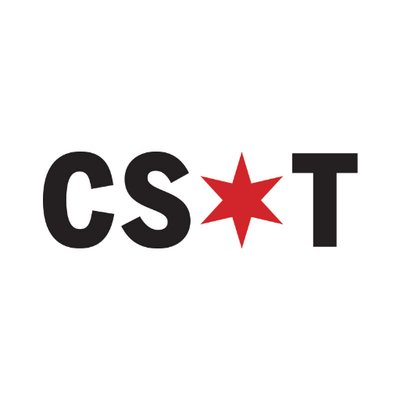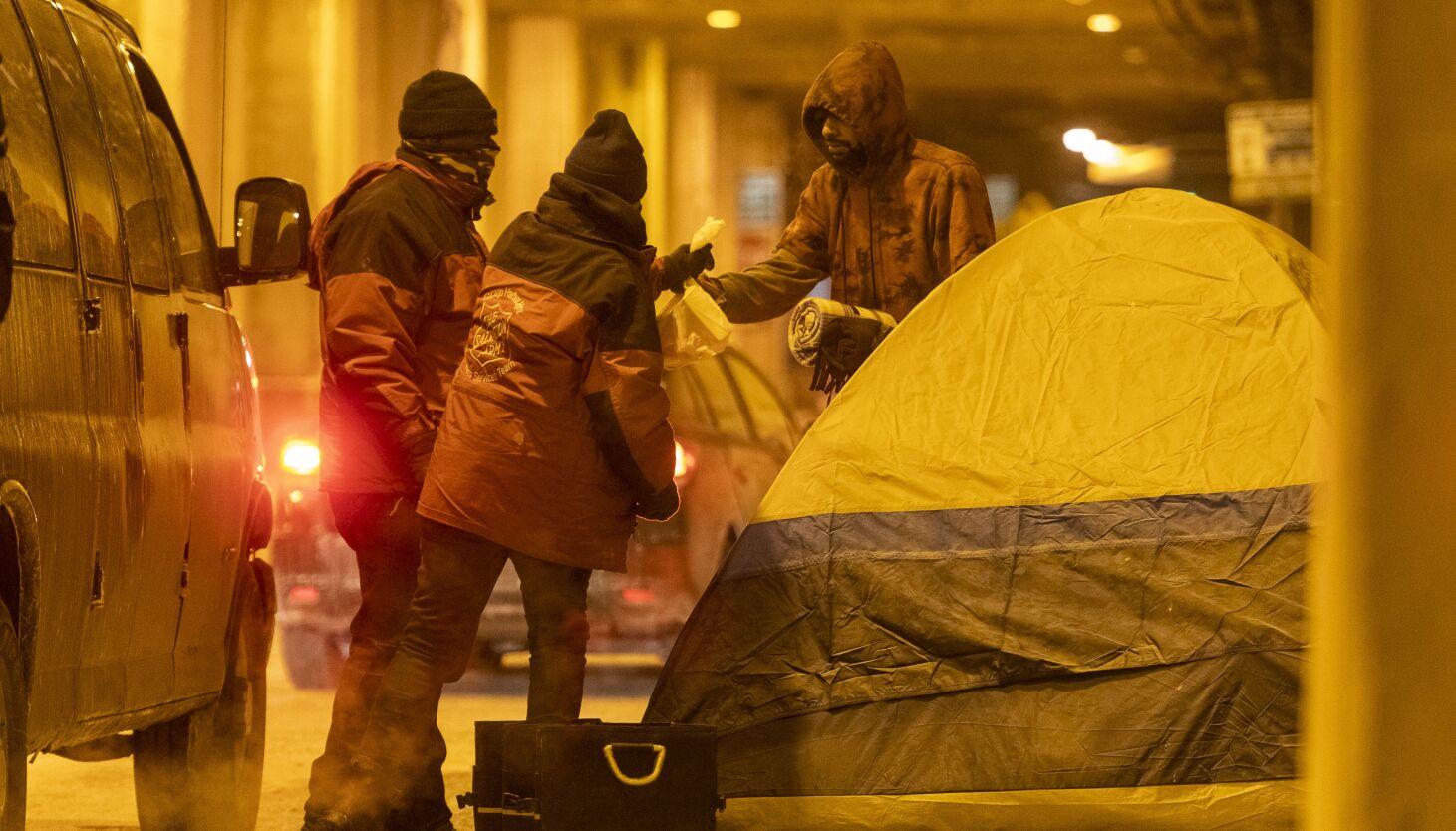



It’s now up to Chicago voters to decide whether to authorize the City Council to raise the real estate transfer tax on high-end property sales to confront the burgeoning problem of homelessness.
The binding referendum known as “Bring Chicago Home” will appear on the March ballot, thanks to Tuesday’s 32-to-17 Council vote.
Ald. Ray Lopez (15th), who voted “no,” argued the Council has no business asking those involved in high-end property transactions to dig deeper when hundreds of millions of dollars that Chicago has already received to house and serve the homeless has one unspent.
“Before we ask for more, we have to show Chicago that we know how to spend what we have. We’re asking for more when we don’t know how to use what we already have,” Lopez said.
“Hundreds of millions of dollars have never gone out the door. Yet, we want more. ... The issue isn’t the money. The issue is the execution. The execution falls on the chief executive, which would be you,” Lopez told Mayor Brandon Johnson.
North Side Ald. Maria Hadden (49th) tried to poke holes in that claim.
“It’s not true that we have a ton of money, $260 million that we’ve got every year that we’re holding in a bank account,” Hadden said.
“I feel like a good 25% of this body has been very active in actually making sure that we’re spending that money. We’ve been making people work so hard. … We’ve got every department in this city working overtime to solve this city’s issues. And to sit in this body and talk about how we’re not doing anything is a slap in the face to every single city servant that is doing their job.”
Tuesday’s approval — one year after allies of then-Mayor Lori Lightfoot thwarted a similar City Council vote — is a major political victory for Johnson.
It sets the stage for a high-stakes, high-cost political donnybrook pitting Johnson’s progressive coalition, which includes advocates for the homeless, against the business community in general and the real estate industry in particular.
During a pep rally that followed last week’s committee vote on the binding referendum, a jubilant Johnson made it clear he is sure how the March vote will go.
“Homelessness is at 12% since 2019 and Black Chicagoans account for almost 70% of the unhoused population. And so, whenever there are individuals asking me, ‘What are you doing for Black people?’ they don’t have to look any further,” the mayor said that day.
The Chicagoland Chamber of Commerce and the Building Owners and Managers Association, a group including owners of large office buildings, plan a big-bucks campaign to defeat the binding referendum at the polls after failing to defeat it in the Council.
BOMA’s Executive Director Farzin has warned raising the transfer tax would have a devastating impact on office buildings that may never fully recover from the pandemic, which dropped their valuations by 40% to 80%.
Advocates for homeless people, and some who have been homeless themselves, have countered that housing is a “human right,” and Chicago is long overdue to create a dedicated funding source to do something about it.
More than 68,000 Chicagoans live either on the streets, in shelters or “doubled-up” without homes of their own.
Like Johnson, Lightfoot also once promised to raise the transfer tax and use the money to fight homelessness. But she broke that promise, alienating the progressive voters who put her on office.
Johnson was not about to make the same mistake. But he also wanted to build bridges to the business community and burnish his image as a “collaborator” willing to compromise on policy specifics without compromising his progressive “values.”
To appease business and minimize Council opposition, Johnson accepted a three-tiered approach in place of the current flat rate of 0.75%.
The new tax rate on sales under $1 million would be reduced to 0.60%. Sales of $1 million or over, but under $1.5 million, will pay a 2% tax, more than 2.5 times what they pay now. And sales of $1.5 million and higher will pay 3%.
Ald. David Moore (17th) supported the binding referendum. But he did not agree with the concessions Johnson made.
“I am still a little not happy that we made a decrease in this and put that into the ordinance,” Moore said, referring to the decline in revenue from an initial projection of $160 million.
“If our focus is on getting money for the homeless, we shouldn’t be decreasing anything.”
